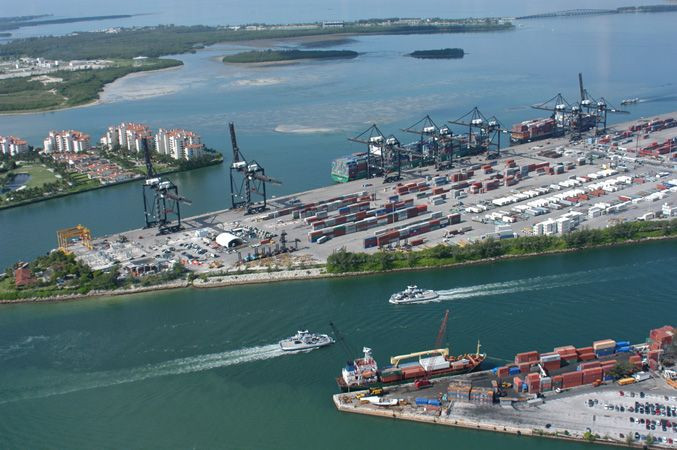Massive PortMiami Dredge Project ‘Wiping Out’ Vast Coral Field

Florida biologists hoping to spare an underwater field of coral from dredging were denied the opportunity to do so on Friday.
The U.S. Army Corps of Engineers, which is overseeing the dredging work in Government Cut -- one of the busiest manmade shipping channels in the world and located in Florida’s PortMiami -- opposed relocating several acres of coral before the channel is deepened by about 10 feet.
By dredging the channel, which is currently about 40-feet deep, Florida hopes to attract larger cargo ships into its port after an expansion of the Panama Canal is completed next year, Miami Herald reports.
While Illinois-based dredging contractor Great Lakes Dredge & Dock, which was hired to carry out the $205 million project, has relocated about 900 endangered and larger coral to an artificial reef as was required before dredging could begin, scientists say environmental studies underestimated the number and value of the coral living in the channel. Engineers, however, say delaying the project, which began over the weekend, would cost too much money.
"Taxpayers would be paying $50,000 to $100,000 a day to keep that dredge on standby and that's not happening," Susan Jackson, a spokesperson for the corps, told Reuters.
The dredge work will erase about seven acres of reef, including five untouched acres at the mouth of the channel.
Scientists attempted to sue the state in 2011 in hopes of halting the dredging project, but were unsuccessful. They did, however, convince the corps to spare not only threatened species of coral, but also any coral colonies larger than 10 inches.
Biologists believe the coral living in the turbulent Miami channel are incredibly hardy varieties and may offer clues as to how the world’s vanishing coral can recover in changing ocean environments. The only way to know, scientists say, is to preserve and study the coral populations.
“There are just thousands of corals out there, so [saving them is] really a mammoth task,” Andrew Baker, a University of Miami professor and coral biologist who studies the effects of climate change on coral, told Miami Herald. “This could be the seed population for climate-tolerant corals, and we’re wiping them out by literally blowing them up.”
© Copyright IBTimes 2025. All rights reserved.






















